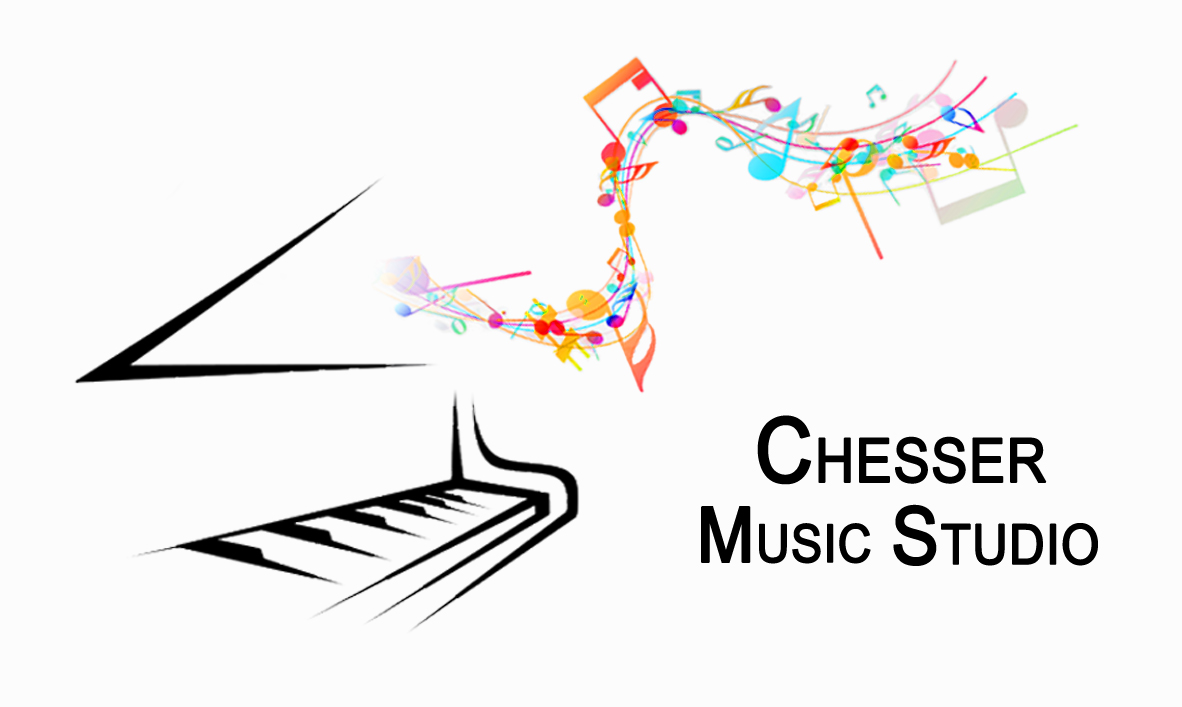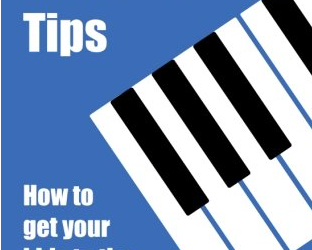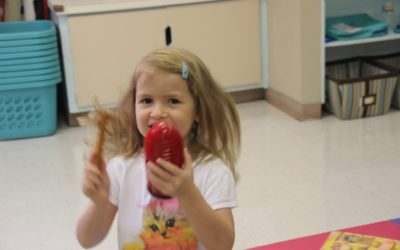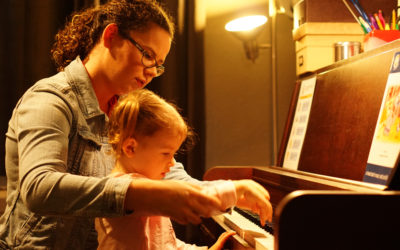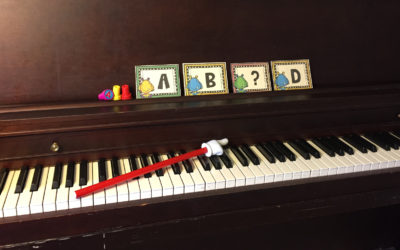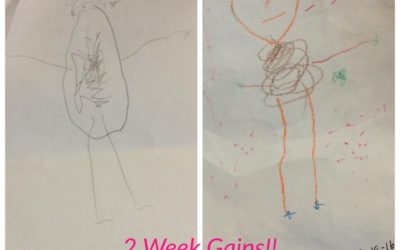Blog: All About Practice
This blog exists to help piano students and their parents to connect more between weekly lessons by providing resources and suggestions to improve practice productivity. We want to make how to practice more clear.
Sometimes you will find links to products and resources. We will never recommend an app, resource, or product without throughly vetting it first.
What’s the first step to starting piano lessons: A new series for parents that have not quite committed to starting lessons yet . . .
What’s the first step to starting piano lessons?
Well, it’s kinda obvious to every single piano teacher ever. Sometimes it’s not quite so obvious to parents.
Here it is:
GET A PIANO
This may or may not seem like a no-brainer. In case it’s not, let me explain. Your child will not make progress without a piano at home on which they can practice between lessons. So until you have a piano don’t bother. Unless your goal is to pay for really expensive babysitting.
(Actually, I’m not interested in really expensive babysitting, so you can’t start lessons with our studio without a piano at home.)
See if we like It
Sometimes parents ask “Can we just try it first before we buy a piano?” The answer is no, and here’s why:
Starting lessons without a piano at home is like a self-fulfilling prophecy. The idea of trying to “see if we like it” is destined to fail.
Why? Because learning an instrument is hard work. It takes practice and dedication. It takes the willpower to keep going even you want to quit. It takes grit.
How can you put in the hard work without an instrument to practice on?
Taking piano lessons without a piano at home is like learning to play tennis without a racket, learning how to skate while wearing tennis shoes, or learning how to dribble a basketball without a basketball in your hand. It just doesn’t work out.
Starting Lessons Without A Piano
What happens when Little Susie comes to piano lessons each week when she doesn’t have a piano at home to practice on? How many new songs can she learn if she still hasn’t mastered the previous one or can’t find which key is C? How does she feel when she struggles with the same concepts week after week? What does she think when she’s not pleased with the sounds she’s making at the piano? She thinks she’s not good at piano – and that’s not true at all. The truth is she never really had a chance to be successful because she couldn’t practice between her lessons.
Conclusion
Trust the piano teaching community when we say the first step to starting piano lessons is 1. Get a piano!
An Exciting Announcement!
We're so excited to announce that we will be offering KiddyKeys classes! For many years, we've wanted to offer group classes, but it's been hard to find a location and curriculum that works for us! Now with the addition of our location at Shepherd Road, we now have...
Review of 101 Piano Practice Tips by Tracy Selle
Piano Practice is a sticky subject with most piano parents. Either they have it figured out or it is a source of frustration in their week. Fortunately, there are plenty of resources out there to help! One such resource is a book by my piano teacher friend, Tracy...
Encouraging a LOVE of Music
Myself AND my husband are both second-generation pianists. Both of our mothers are pianists - his mother can read, play, and arrange music (mostly hymns) and my mother plays by ear (mostly Southern Gospel). We knew it was likely that any children would follow our...
This Week at the Studio
This week in Students & Practice: I have to say I am so proud of D - his lesson this week was phenomenal. Last week, we worked on technique. There is so much more to learning to play the piano than just conquering notes and rhythms. To sound pleasant to the ears,...
Piano Bench Mag Readers, start here!
Welcome to my blog, All About Practice! If you're here because of my Piano Bench Mag article, great! That means you must have liked it! 🙂 [If you want to read my Piano Bench Mag article from February 2017, subscribe to this monthly piano teaching digital magazine....
Gaining Agility and Dexterity in Young Students
One of the biggest struggles with teaching younger students is simply the lack of motor skills. Through no fault of their own, young piano students cannot isolate fingers to play typical five-finger beginning piano music. If you have any doubt, try wiggling your ring...
